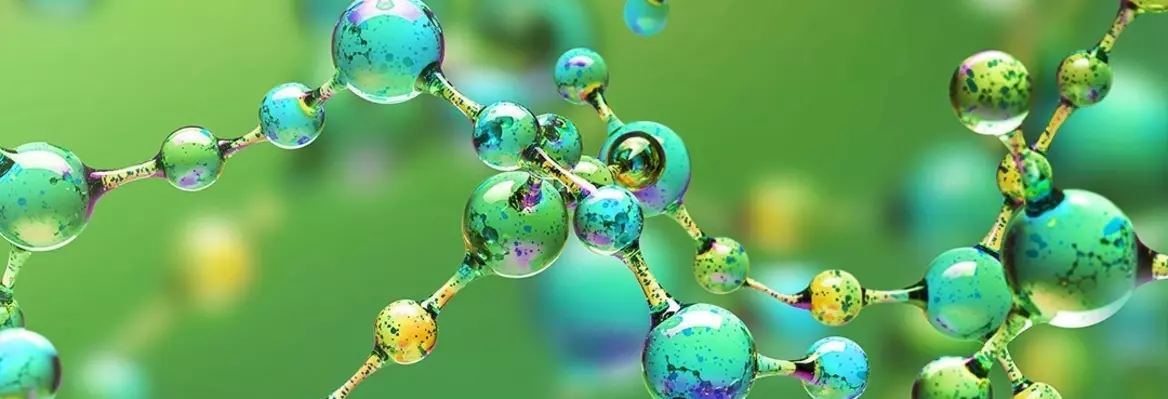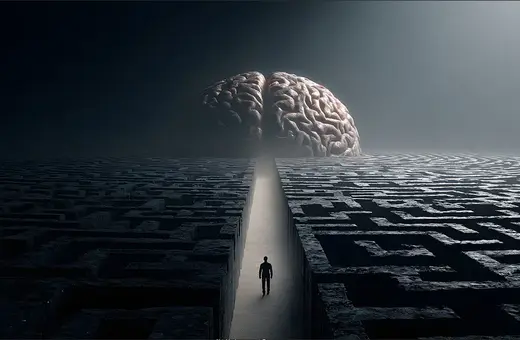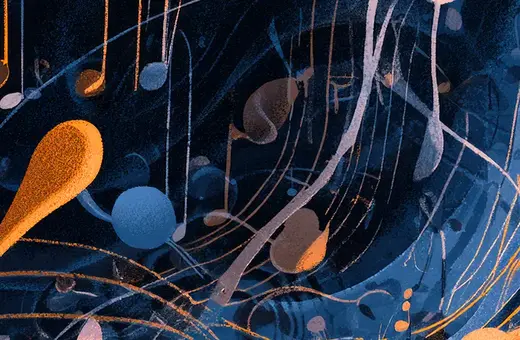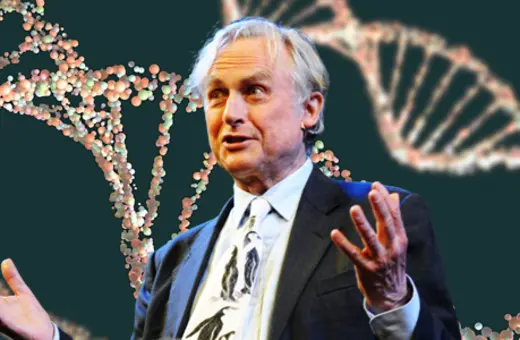How did purposeful, self-aware matter come into existence in a universe made of inanimate matter? Since Schrödinger’s powerful posing of the question “What is Life?” over 70 years ago, we are still no closer to answering it, or even understanding how such complex living things came into being in the first place. Addy Pross highlights the many mysteries still surrounding the emergence and nature of life in a material universe.
You've posited that the Darwinian paradigm, traditionally associated with biological evolution, can also be extended to inanimate matter, suggesting that abiogenesis and biological evolution are a singular process. Could you elucidate the intricacies of this theory, especially in light of critiques that emphasize a clear demarcation between life and non-life?
Since its inception evolutionary theory has been formulated as a biological theory, even though it has generally been acknowledged (even by Darwin himself) that life most likely emerged from inanimate matter. But that inanimate connection was reaffirmed in the 1960s when Sol Spiegelman discovered that certain molecules – dead matter for sure – could replicate and evolve, just like living things. The evolutionary process, it appeared, did indeed begin in chemistry. Yet, frustratingly, that transition from chemistry to biology has remained shrouded in mystery. How did simple, purposeless, molecular replicators become transformed into complex, purposeful aggregates? Does evolution have a direction, a driving force? A comprehensive theory of evolution encompassing both chemical and biological phases has still to be formulated, though an outline of such a theory may be beginning to emerge.
___
All living things are not just complex molecular aggregates. They exist in an energized, activated state that is maintained through the continual input of material and energetic resources.
___
How does this perspective reconfigure our conventional beliefs about life's origins?
Given life’s origin in chemistry, it suggests we should begin to seek out life characteristics at that simpler chemical level. Happily, progress is being made on that front. Replication is indeed a central piece in the origin of life puzzle, but it’s just one piece. The recent discovery of dynamic chemical systems, whose components continually turn over, like the water drops in a water fountain, now look to be another central piece. Thus, all living things are not just complex molecular aggregates. They exist in an energized, activated state that is maintained through the continual input of material and energetic resources, just like that water fountain. If you don’t eat you die! Remarkably, that realization may be leading us toward some understanding of how cognition and self were able to emerge from within an inanimate chemical system.
You've remarked that studying life is uniquely challenging due to our 'sample size of one.' With the growing discovery of exoplanets, how might our capacity to decipher life's traits across the universe evolve?





















Join the conversation